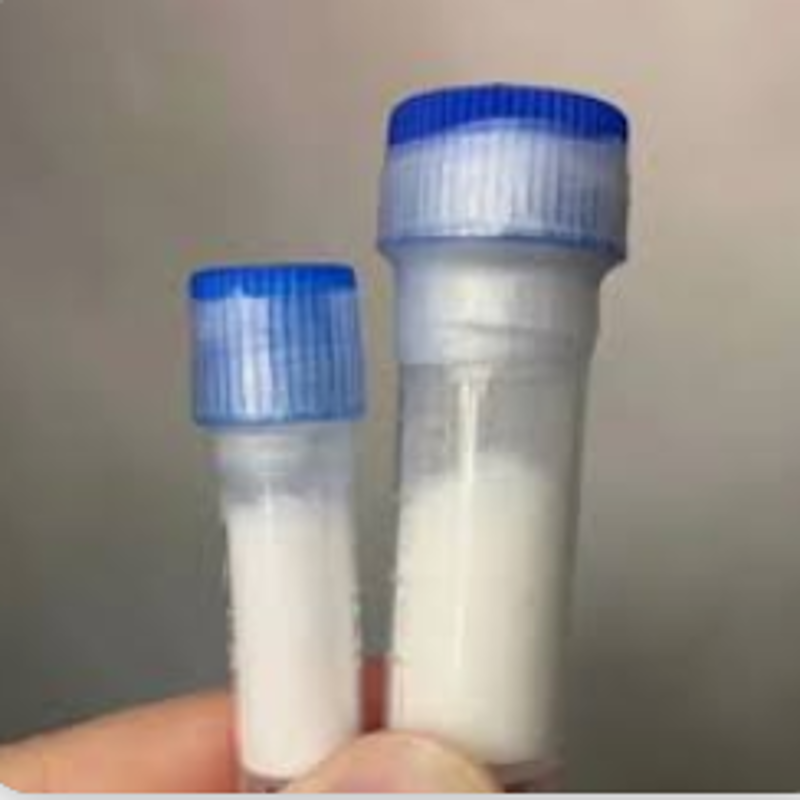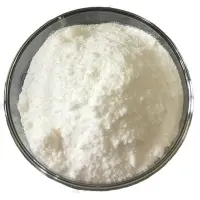Nature: Breakthrough! Liu Ruqian's team achieves accurate editing of mitochondrial DNA
-
Last Update: 2020-07-10
-
Source: Internet
-
Author: User
Search more information of high quality chemicals, good prices and reliable suppliers, visit
www.echemi.com
Bacterial toxins represent a huge treasure trove of biochemical diversity that can be reused in the biomedical fieldThis protein includes a family of deaminase supersase that predicts interbacterial toxins, whose members have been developed and used in gene editing techniquesbecause the previously described cytosine deaminase acts on single-stranded nucleic acids, their use in base editing requires a double-stranded DNA (dsDNA) to be unchained -- for example through the CRISPR-Cas9 systemso far, base editing in mitochondrial DNA (mtDNA) has been held back by problems such as the transmission of guided RNA in mitochondriaThus, so far, the operation of mtDNA has been limited to the targeted destruction of the online granulocyte genomerecently, Liu Ruqian's team described a bacterial intertoxic toxin, called DddA, that catalyzes the desperation of cytosine in dsDNAThe researchers designed the split DdA semi, which is non-toxic and inactive, until the two are brought closer when they bind to a programmable DNA binding proteinthe fusion ofsplit-DddA semi-body, transcription actuator-sample effector array protein and urethany glycoside enzyme inhibitors led to rna-free DdddA-derived cytosine base editor (DdCBEs), which catalyze the conversion of C-G to T-A in human mtDNA with high target specificity and product purityresearchers used DdCBEs to simulate disease-related mtDNA mutations in human cells, leading to changes in respiratory rate and oxidation phosphorylationWithout CRISPR, DdCBEs can perform accurate operation of mtDNA, rather than eliminating copies of mtDNA caused by cutting mtDNA by targeting nucleases, which has potentially broad implications for the study and treatment of mitochondrial diseases
This article is an English version of an article which is originally in the Chinese language on echemi.com and is provided for information purposes only.
This website makes no representation or warranty of any kind, either expressed or implied, as to the accuracy, completeness ownership or reliability of
the article or any translations thereof. If you have any concerns or complaints relating to the article, please send an email, providing a detailed
description of the concern or complaint, to
service@echemi.com. A staff member will contact you within 5 working days. Once verified, infringing content
will be removed immediately.







